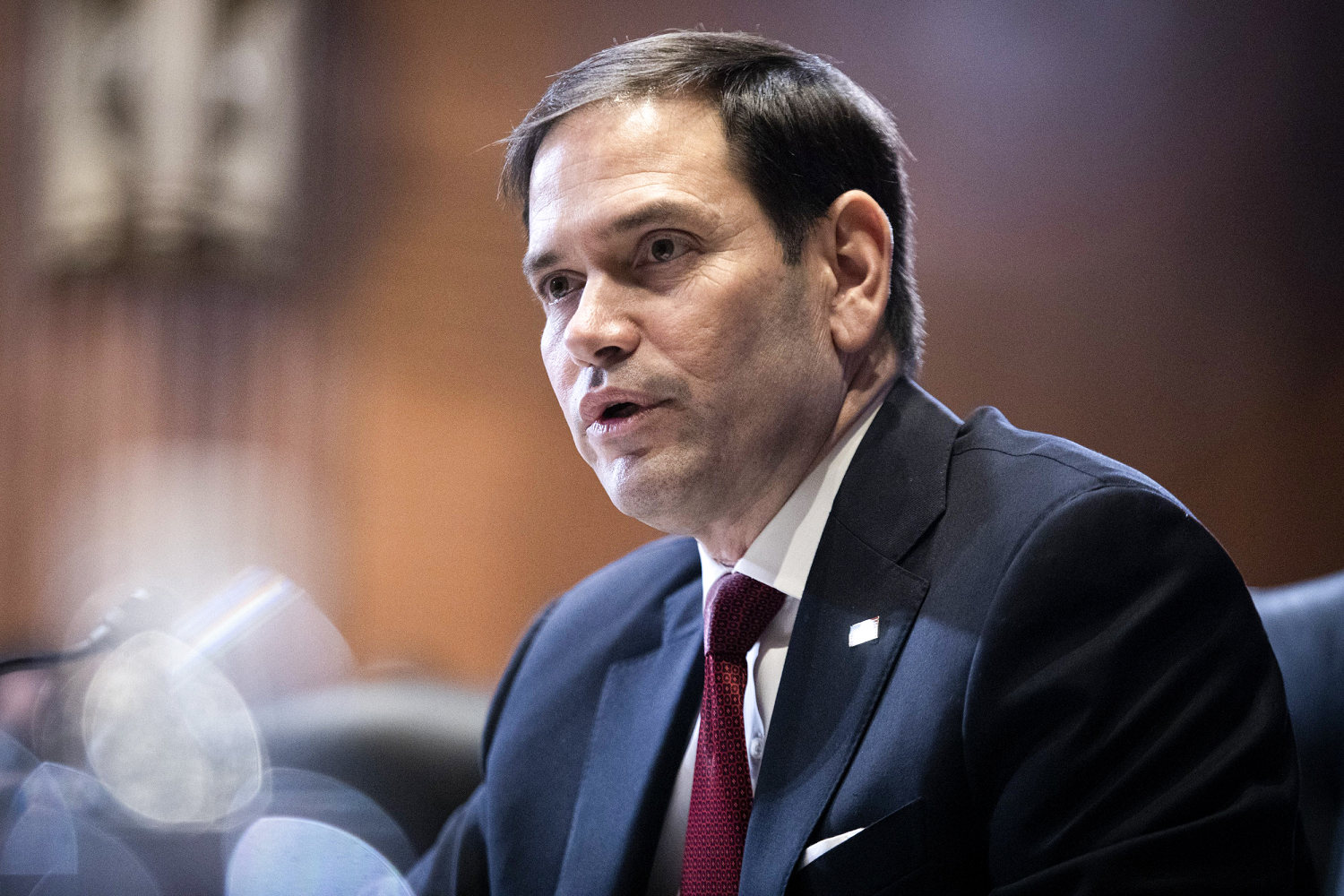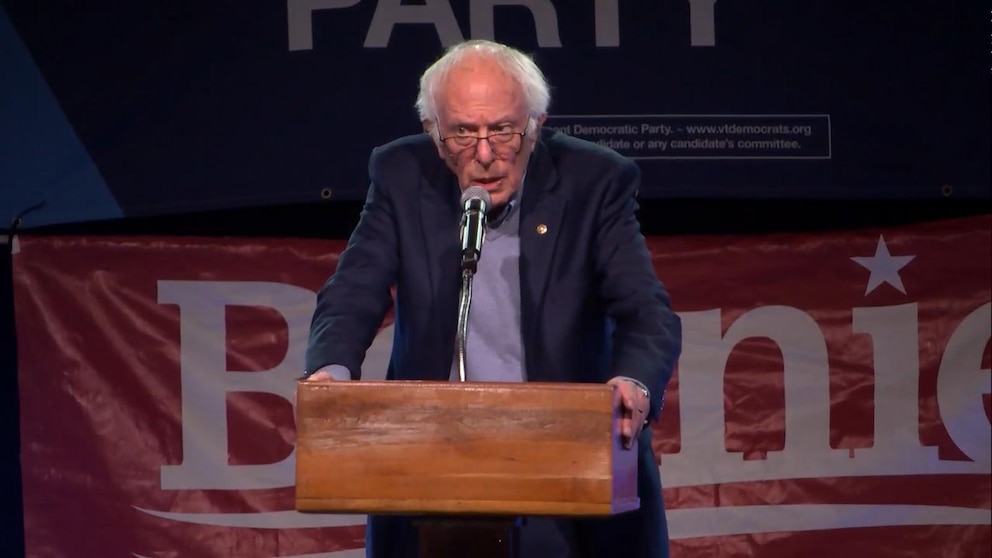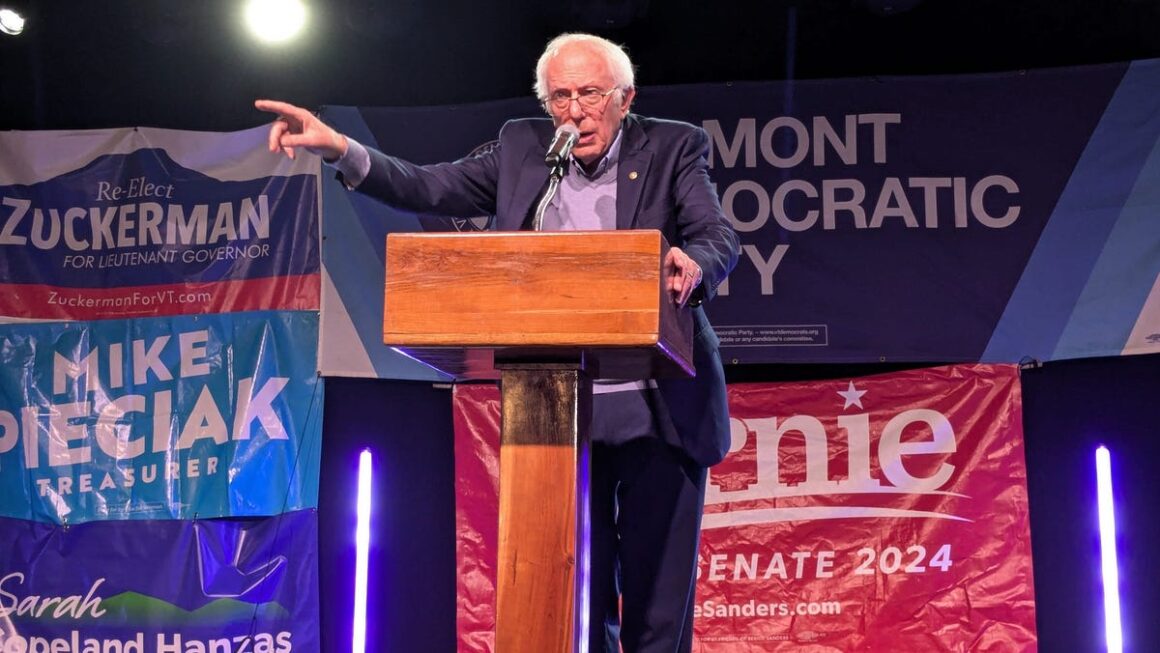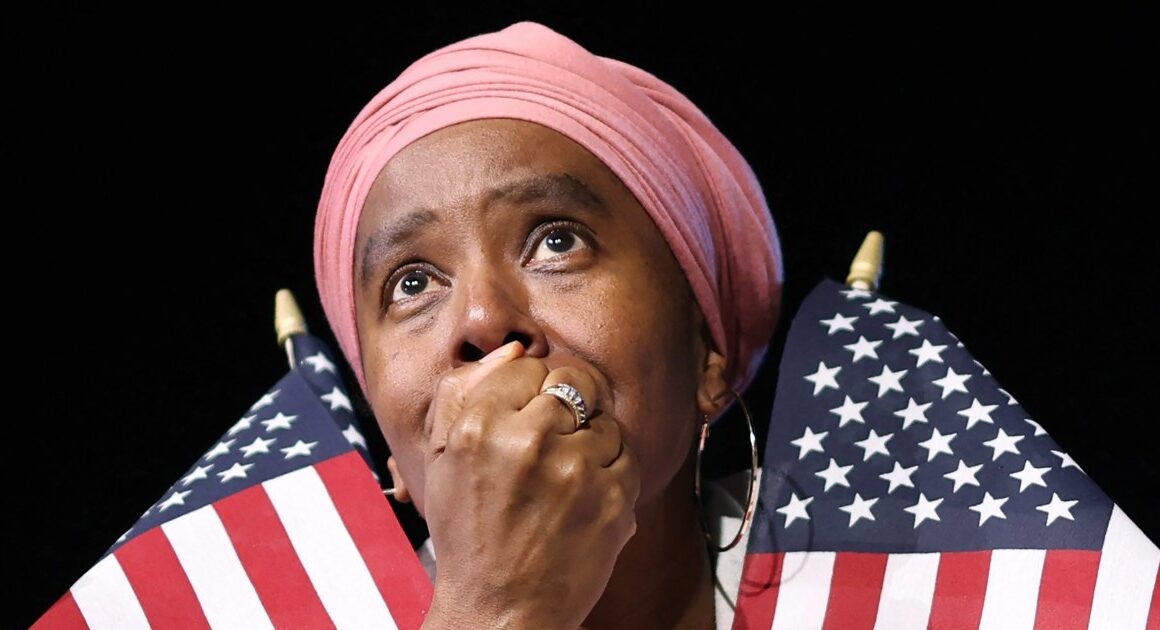
Those eager to become Donald Trump’s running mate have come to an unfortunate conclusion: They almost certainly won’t make the Republican ticket if they say they’ll accept the 2024 election results. After all, the former president is refusing to commit to honoring the results — the same posture he adopted four years ago — so the GOP’s prospective vice presidents are sticking to the same script.
Months ago, House Republican Conference Chair Elise Stefanik helped get the ball rolling, refusing to say whether she’d vote to certify the results of the 2024 election. More recently, Sen. Tim Scott appeared on NBC’s “Meet the Press,” where host Kristen Welker repeatedly pressed the South Carolinian to simply say, “yes or no,” whether he was prepared to accept the results of the upcoming presidential election. Scott refused.
Last week, Sen. J.D. Vance told CNN that he “plans“ to accept the election results, but only if they meet the Ohio Republican’s undefined standards for a “free and fair” process.
This GOP contingent continues to grow. NBC News reported:
Florida GOP Sen. Marco Rubio, widely seen as a potential vice presidential pick for former President Donald Trump, on Sunday refused to say whether he would accept the results of the 2024 presidential election, instead blaming Democrats for sowing doubts about the election.
When Welker raised the subject during the senator’s latest “Meet the Press” appearance, Rubio replied, “I think you’re asking the wrong person. The Democrats are the ones that have opposed every Republican victory since 2000. Every single one.”
It was at this point when the Florida Republican turned his attention to Hillary Clinton.
So, a few things.
First, as we’ve discussed, in the not-too-distant past, prominent American politicians were not asked whether they were prepared to accept their own country’s election results. The line of inquiry seemed wholly unnecessary: Our political system was stable and healthy enough to make the answer to such a question obvious.
But as the radicalization of Republican politics intensifies, leading officials from the party aren’t just confronting the question, they’re also struggling to answer it.
Second, Rubio clearly knew the question was coming, since other VP contenders have been pressed on the same point, and he had plenty of time to come up with an answer. Evidently, this was the best he could come up with. Indeed, it’s worth emphasizing that the senator didn’t just try to shift the focus to Democrats, he also never got around to answering the question himself.
Third, the idea that there’s a parallel between Democratic responses to recent Republican presidential victories and Trump’s reaction to his 2020 defeat is so incredibly ludicrous, it’s incredible that Rubio chose to peddle the line on national television.
Al Gore, for example, conceded in 2000. So did John Kerry in 2004. Hillary Clinton did the same thing on Election Night 2016. In each relevant instance, there was a peaceful transition of power from Democratic to Republican administrations. There was no violence. There were no rallies or riots. Democratic officials not only grudgingly accepted the legitimacy of those GOP presidents, they also refrained from launching an organized campaign in support of bonkers conspiracy theories.
Rubio surely knows all of this. The Floridian peddled nonsense on “Meet the Press” anyway — not because his foolish talking points had merit, but to advance his own ambitions, desperately trying to impress a former president he previously condemned.
It might be tempting to shrug in response to posturing like this. Sure these Republicans are hedging and adding qualifiers, the argument goes, but that’s only because they know that expressing unqualified support for democracy would likely doom their national ambitions. They’re all just playing an unfortunate game.
But to see the developments this way is to overlook the broader dangers. When a major political party tells its most ambitious members that they’re expected to hedge on accepting election results, it reflects a dangerous degree of radicalism.
Rachel’s A block from two weeks ago rings true. “The way you lose your democracy is by losing the expectation that we are participating in an election because all sides in that election plan to accept the result — to go home if they lose and to go into office if they win,” she said. “Once we no longer expect that, we are no longer in a democratic system of government in many important respects.
“Once one of the two major governing parties no longer believes elections are binding, then in many important ways, the democracy ship has sailed, because they are no longer competing on democratic grounds. Once one of the two major parties is no longer pledging that they will abide by the election results whether they win or lose, the democratic system of government is not threatened with harm, it is wounded already.”
This post updates our related earlier coverage.
![]()






